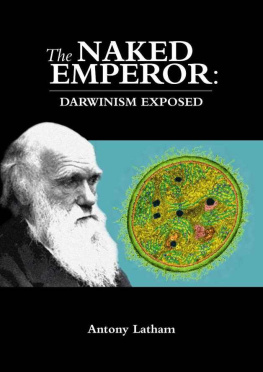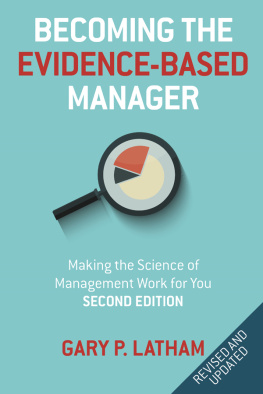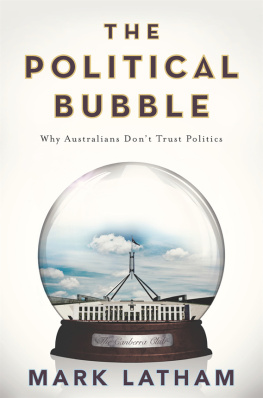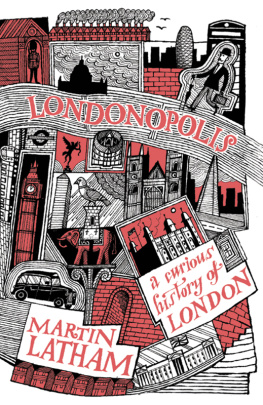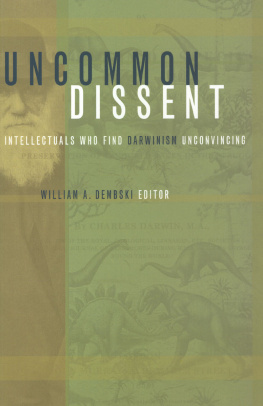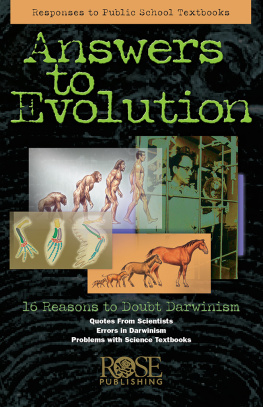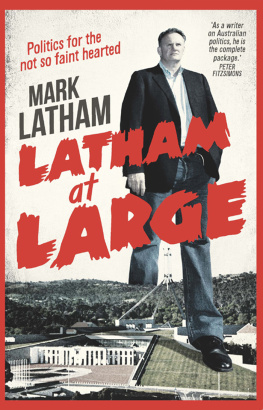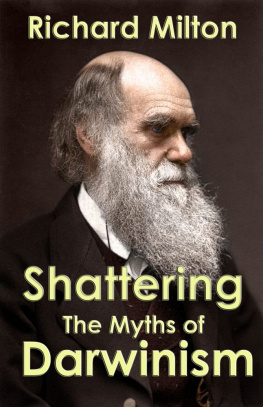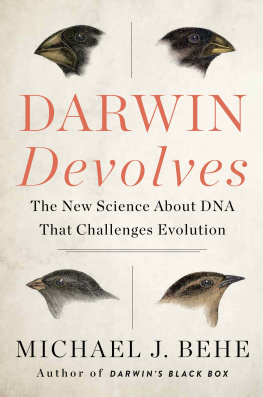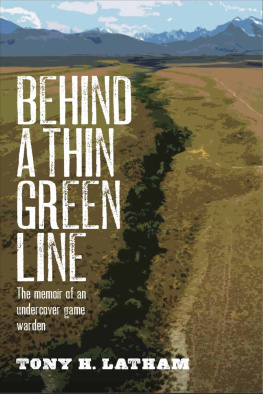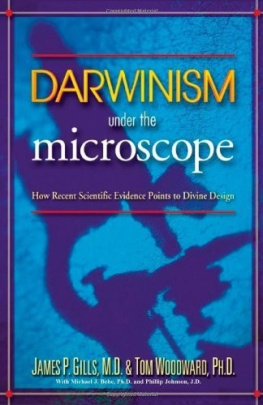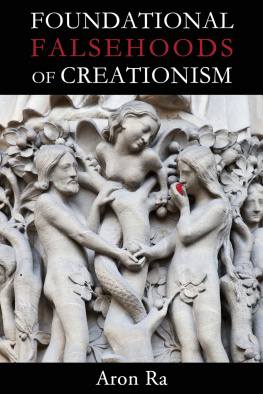
This book is lovingly dedicated to my wife, Christian, who has put up with a distracted husband for far too long.
The Windhover
To Christ our Lord
I caught this morning mornings minion, kingdom of daylights dauphin, dapple-dawn-drawn Falcon, in his riding
Of the rolling level underneath him steady air, and striding High there, how he rung upon the rein of a wimpling wing In his ecstasy! then off, off forth on swing,
As a skates heel sweeps smooth on a bow-bend: the hurl and gliding
Rebuffed the big wind.
My heart in hiding
Stirred for a bird, - the achieve of, the mastery of the thing!
Brute beauty and valour and act, oh, air, pride, plume, here
Buckle! AND the fire that breaks from thee then, a billion Times told lovelier, more dangerous, O my chevalier!
No wonder of it: sheer plod makes plough down sillion Shine, and blue-bleak embers, ah my dear,
Fall, gall themselves, and gash gold-vermillion.
Gerard Manley Hopkins
Contents
Acknowledgements
I am immensely grateful to all those who have read the early manuscript and given advice and encouragement. I particularly want to thank Catherine Davies, James Finlayson, James Hardy and John Latham.
Many thanks to Denis Alexander who, though not sharing my views about evolution, gave me help with the early chapters. I am indebted to Simon Conway Morris, who also comes to different conclusions from me but nevertheless spent much time going through the entire manuscript with his geological hammer, giving invaluable comments and correction.
Thanks also to Sandy Leung, Managing Director of Janus Publishing who had faith in this book from the beginning and I am particularly grateful to Simon Hughes, Creative Director at Janus, who has been constantly helpful in the production and design.
Any errors or faults in the book are of course entirely my own.
Preface
I am writing this book as a very personal journey, one however, which is relevant to any sceptical reader seeking the truth about our origins. It is a journey concerned with a huge question: how did we, as human beings, come to be?
I am convinced that people are still fascinated by this matter. This is because we all base our lives, even if unconsciously, on how we see our place in the cosmos.
Since the general acceptance of Darwins theory of evolution, mankind has had to deal with the appalling possibility that we are here by accident. If I fully accept evolutionary theory then I cannot believe that there is any ultimate purpose to my life nor can I believe in a creator God.
Many believers in God will dispute this and assert that they can cope quite well with a God-driven evolution. I will attempt to show that they are mistaken if they believe this alongside classical Darwinism.
My journey starts in biology class in secondary school, where I learnt the rudiments of evolutionary theory. I was, I think, just 13 years old and I loved the biology lessons. They were given by a dedicated and gentle teacher who loved his subject. We were surrounded by the wonderful paraphernalia of a good biology classroom; fish tanks, skeletons, specimens in formalin jars and breeding locusts. To me the whole atmosphere was charged with the glory of nature.
We followed the standard teaching about evolution. I learnt about how natural selection chooses the fittest amongst the variants thrown up, by chance, amongst organisms. The fittest surivived and so were selected to carry on and perpetuate their genes. I soon understood that the process of producing variation was ultimately that of mutations. Mutations were random mistakes in the genetic code and sometimes the mistakes produced new, fitter forms.
It did not hit me immediately but I soon realised that the rug of religion had been well and truly pulled from under my feet. It did not worry me too much then; I just thought I had grown up and need not see any requirement for God. If he did not create us (and random mutations seemed to prove he didnt) then he may as well not exist. Until then, in my childish way, I had assumed that the wonders of nature were created and beautifully designed. My biology teacher had told me otherwise.
The fact that he was also a lay-preacher in the church just seemed to confirm to me how out of touch with reality Christianity was. Christianity, as I knew it, consisted of dry and boring sermons and rather meaningless ceremonies. The exception to this jaundiced view of Christianity was in my attitude to the person of Jesus. Jesus continued, as taught to me by my mother, to be a truly wonderful person. I never let go of this concept of Jesus but certainly doubted if he was the Son of God.
So, as I progressed through my teens, university and life as a doctor, I was a supreme sceptic as far as religion was concerned. I enjoyed disputing with Christians about evolution. I admired their faith but felt it was groundless. Invariably I would bring up the fact of evolution. To me it was simply a knock-down argument against belief.
I well remember a popular series on television which I watched as a teenager. It was a dramatised account of the life of Darwin. I was fascinated particularly during the part about his voyage around the world on HMS Beagle. I loved the quiet and methodical way in which he put all the facts together. I was very struck by the evidence he found on the Galapagos Islands. He discovered there the various species of finches which had so clearly evolved on the different islands all from a common ancestor. I admired the way in which he struggled with his theory for many years before being forced to publish it. I liked his overall humble disposition, the epitome of the best kind of scientist.
Rarely did any news of creationists filter into my world-view. Whenever I did encounter creationist beliefs I would inwardly scoff. Such ideas, it seemed to me, belonged to the Middle Ages and were akin to belief in a flat earth. Nevertheless, some part of me admired anyone who clung to their faith despite (what seemed to me) incontrovertible evidence to the contrary.
In 1982 I was in my third year working as a doctor in a remote hospital in north-west Kenya. I became a Christian there. Given my previous scepticism this was an astounding conversion. For days afterwards I marvelled that it was not an illusion. It wasnt. God had invaded my life despite my views on nature.
I do not want here to go into how or why I was converted. What I can say is that the experience had profound implications for how I viewed nature. Nature was no longer a random accident but an expression of God, who created everything.
I knew that I would have to return sometime to the whole creation question and see whether I had got it wrong beforehand. In my heart I knew that we were created it was just that my head, and all its knowledge about biology, had not caught up.
And so as a Christian I had a tension between my faith and my understanding of biology; this is why many years later, I was pleased to have, at last, the time to really look hard at the evidence.
My family and I had returned from working in Tanzania at the end of 1995 and I began working as a general practitioner in Scotland. When I arrived back in this culture I determined to do plenty of reading around the subject of evolution. I started, somewhat fearfully, by reading a book by the well-known biologist Richard Dawkins. I had read reviews of his books and knew that he was a fervent atheist and a professor in Oxford. I had read that his books were seen as attacks upon religious belief, based on the evidence for evolution. A sizeable section of the population and the scientific establishment revered him.
Next page
